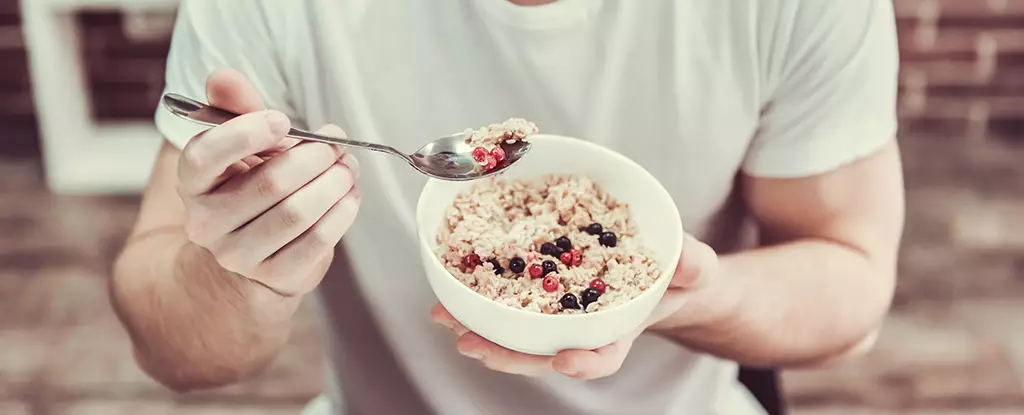There has long been a belief in the fitness and bodybuilding communities that high-protein, low-carb diets are the most effective way to gain muscle and lose fat. However, recent revelations from bodybuilding champion Mark Taylor have challenged this conventional wisdom. Taylor, who won the “Mr Universe” title at the age of 52, credits his success to embracing carbs rather than sticking to a strict high protein, low carb regimen. This goes against the norm, but what does the science say about the effectiveness of such an approach?
It is widely accepted that to gain muscle, one must engage in regular training. Muscle growth occurs through a process called muscle protein synthesis, where new muscle tissue is built or repaired. This process is supported by adequate protein intake, as proteins contain amino acids essential for muscle development. Consuming enough calories and nutrients such as essential fats, vitamins, and minerals also play a crucial role in the muscle-building process. However, consuming fewer calories than necessary can hinder training and overall muscle gains.
Carbohydrates play a vital role in supplying energy for workouts. Training in the gym depletes glycogen stores, which are replenished by consuming carbs. This allows for more intense training sessions, indirectly impacting muscle protein synthesis. Choosing the right type of carbs, such as low glycemic index foods like sweet potatoes and porridge, can provide sustained energy levels throughout the day. While low GI foods are beneficial for overall health, high GI foods like white pasta and granola can support rapid glycogen recovery after intense training sessions.
After training, consuming protein is essential for muscle repair and growth. Some studies suggest that combining carbs and protein after exercise can enhance muscle protein synthesis, while others show that protein alone may be sufficient. Insulin plays a role in reducing protein breakdown, and both protein and carbs can influence its production. Therefore, having an adequate protein intake post-exercise may eliminate the need for additional carbs from a muscle-building perspective.
Many bodybuilders adopt a ‘bulking’ phase followed by a ‘cutting’ phase to increase muscle mass and reduce body fat, respectively. While low-carb diets may support fat loss during the cutting phase, they can also lead to decreased energy levels, weakened immunity, and reduced performance. Carbs provide a quick source of energy in the form of glucose, which is stored in muscles as glycogen. Training in a low-glycogen state can hinder the muscle-building process and overall training results.
The traditional belief that high-protein, low-carb diets are best for building muscle may not hold true for everyone. Considering the role of carbohydrates in providing energy for workouts and supporting muscle recovery, incorporating carbs into the diet may be a more effective strategy for achieving muscle gains. It is essential to find a balance between protein and carb intake based on individual goals and training needs. With the right nutrition and training regimen, like Mark Taylor, individuals can achieve their desired physique and performance goals.


Leave a Reply